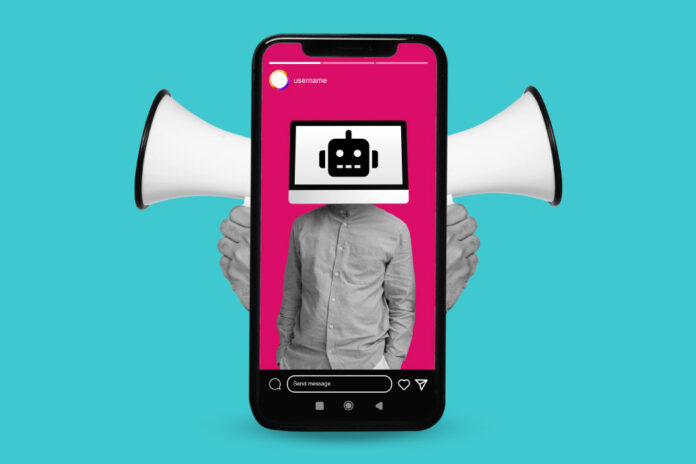Talking about the future of marketing without talking about mental health is like doing futurology with blinders on.
There are many projections about what the future of marketing will be. Maybe we’re already in it. There’s a lot of talk about immediate trends, artificial intelligence, automation, hyper-personalization… All to keep companies one step ahead of the competition.
Of course, all of that matters. But there’s something that matters more—and is constantly ignored: the effects of digital marketing on consumers. Or rather, the ‘users,’ as it’s become conventional to say in this industry.
There are studies, articles, and books warning about the impacts of this system on mental and physical health. Jonathan Haidt, for example, shows how social media has fueled a silent epidemic of anxiety, comparison, and addiction.
While companies compete for attention, few people ask themselves: Why do we click on what we click? Why do we feel pleasure and guilt at the same time? Why do we buy without thinking—and later regret it?
This is what we should be talking about when we talk about the ‘future of marketing.’ Will it be a future of opportunities, connections, and awareness?
Or will it be an automated system where robots direct roboticized humans to buy what they don’t need, while we call that ‘engagement’?
It’s worth reflecting: What are we doing with our marketing?


